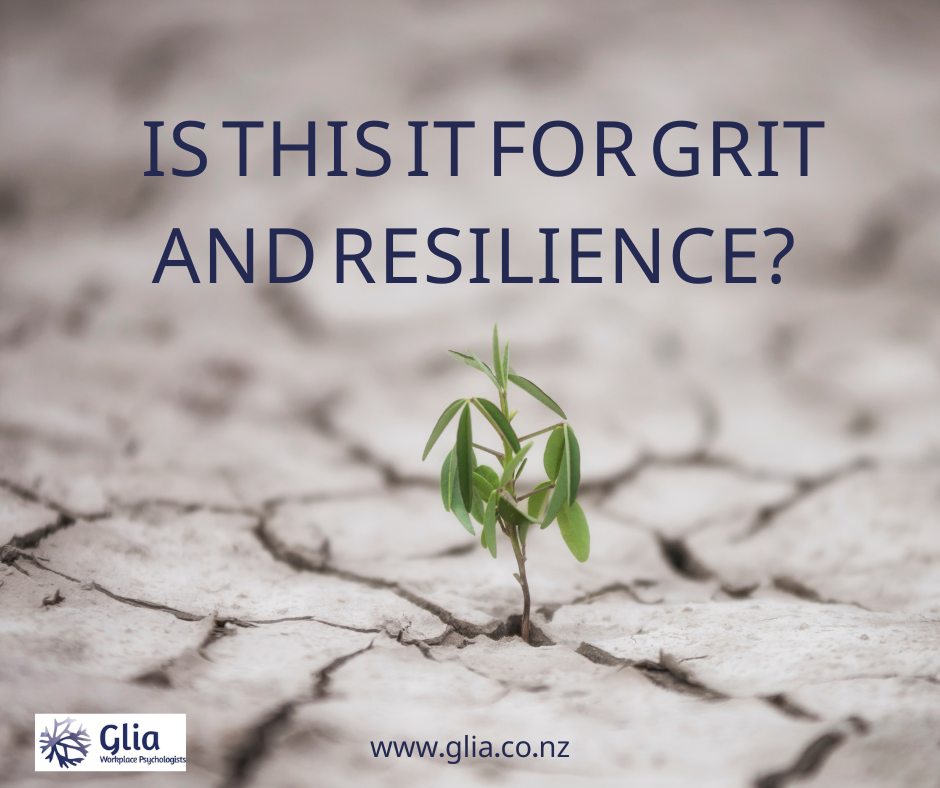I love survival stories. Whilst often harrowing, they demonstrate the incredible power of the human mind and spirit in the most inhospitable conditions.
Laura Dekker, New-Zealand born Dutch sailor, pursuing her dream to be the youngest person to sail single-handedly around the world in the face of repeated opposition from Dutch authorities - grit.
Getting up and continuing to sail after being whacked on the head by a flying fish - resilience.
Yet, resilience and grit are perhaps now more readily associated with corporate wellness schemes, positive psychology, and psychometric testing in recruitment.
And yet, I began to wonder, is developing the ability to withstand trauma really what we want at work?
Wouldn’t it be preferable to create an environment where the capacity to avoid PTSD wasn’t a necessary quality?







